First up is the Klaas's Cuckoo (Chrysococcyk klaas).
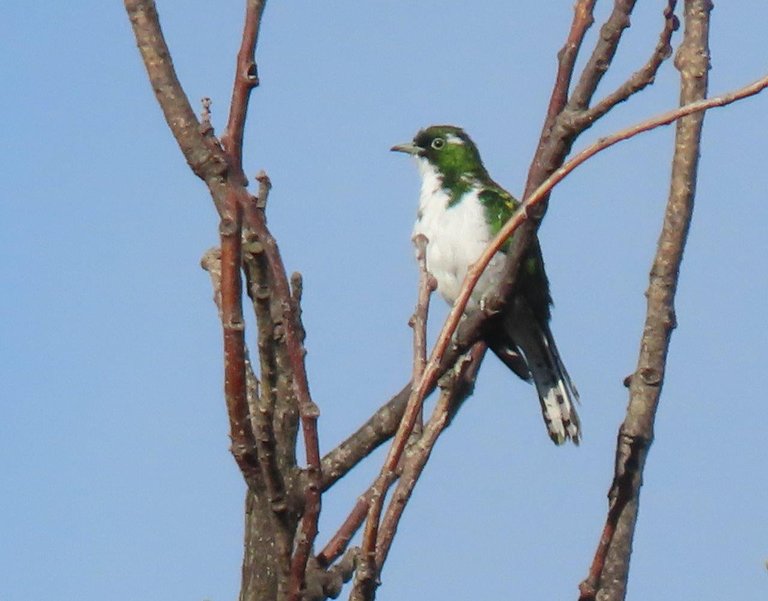
This beauty is a very interesting bird, not only due to its call, but also for its nesting habits. Afrikaans is one of the languages in South Africa, and they describe the birds call as Meitjie (Girl). It's a loud call that sounds like "may-i-kie".
Klaas's cuckoo (Chrysococcyx klaas) is a species of cuckoo in the family Cuculidae which is native to the wooded regions of sub-Saharan Africa. The specific name honours Klaas, the Khoikhoi man who collected the type specimen.
The species was named Le Coucou de Klaas by French explorer François Le Vaillant in 1806, in his book Histoire naturelle des oiseaux d'Afrique in recognition of his Khoikhoi servant and assistant, named Klaas, who found the type specimen. Le Vaillant wrote:
...mon ami Klaas ... Recois l'hommage que je t'adresse ici ... Puissent les naturalistes conserver à l’espèce que je vais décrire, le nom que je lui donne, et consacre ainsi les services que tu m’as rendus: ils me prouveront par là que mes travaux ont eu quelque prix à leurs yeux.
Le Vaillant's wish was honoured when the bird's first binomial name, Cuculus klaas, was applied by James Francis Stephens in 1815, and the tribute to Klaas has persisted to the present binomial.
The bird is the first known case of a species being named after an Indigenous individual, and Le Vaillant is the only colonial biologist to name bird species after local people.
Breeding.
Another amazing fact about the cuckoos is that they don't nest. Instead, they lay their eggs in other birds' nests, such as sunbirds, batises, warblers and even flycatchers. As soon as the eggs hatch, the hosts treat the chicks as their own.
Now let me show you the bird's song action. He started his song like this below.
And then he opened his chest to let the notes ring out very loud. I sang along with him, "mei-i-tjie, mei-i-tjie, mei-i-tjie" (Girl,girl,girl) Lol.
And here below is the second special bird.
A real beauty this and it is an African Paradise Fly-catcher (Terpsiphone viridis). Sadly I could only get 3 shots of it, as they are very secretive birds that hide in dense bushes and trees.
The paradise flycatchers (Terpsiphone) are a genus of birds in the family Monarchidae. The genus ranges across Africa and Asia, as well as a number of islands. A few species are migratory, but the majority are resident. The most telling characteristic of the genus is the long tail streamers of the males of many species. In addition to the long tails the males and females are sexually dimorphic and have rufous, black and white plumage.
The paradise flycatchers have the widest distribution of any of the monarch flycatchers, ranging across sub-Saharan Africa, the Indian subcontinent, Southeast Asia and East Asia. At the northern extreme of its range it reaches Korea and Afghanistan. The species also occurs on a number of islands, including those of Indonesia and the Philippines, Taiwan, and Japan, as well as Madagascar, the Mascarenes and the Seychelles in the Indian Ocean and São Tomé off Africa's Atlantic coast.
There is a list of paradise flycatcher species in the source, and the countries where they can be seen. Quite a few species, all with different colors and habits.
Looking for a bug, as they catch them in flight.
So many people walk around, and some may stop to look at a lovely bird, with no idea what it is, and also ignorant of the bird's lifestyles. Birdwatching is a big thing in our country, and most of the cities have bird clubs operating across the country. Birding also forms a major part of my activities in nature, and it can be fascinating to see how the bird copes with the vagaries of nature.
Not only that, as the beauty of the birds is also very pleasing to see. I have tried to do a comprehensive post here of only species, in an effort that it might awaken the interest of people to go and take a closer look at the birds in their own countries. So be it.
I hope that you liked the pictures and the story.
Photos by Zac Smith-All-Rights-Reserved.
Camera: Canon PowershotSX70HS Bridge camera.
Thank you kindly for supporting this post.
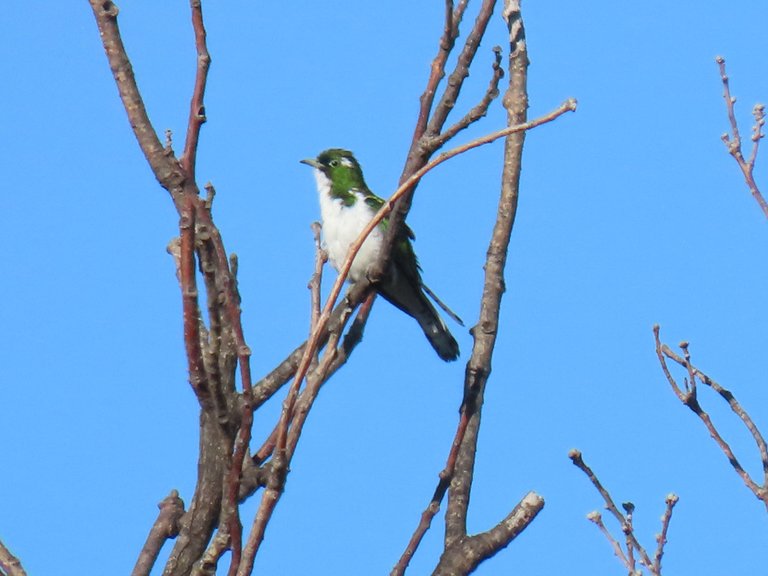
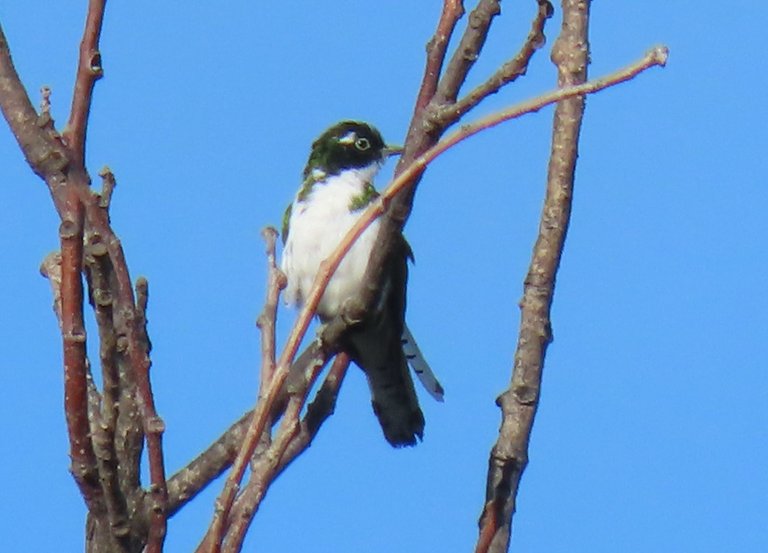
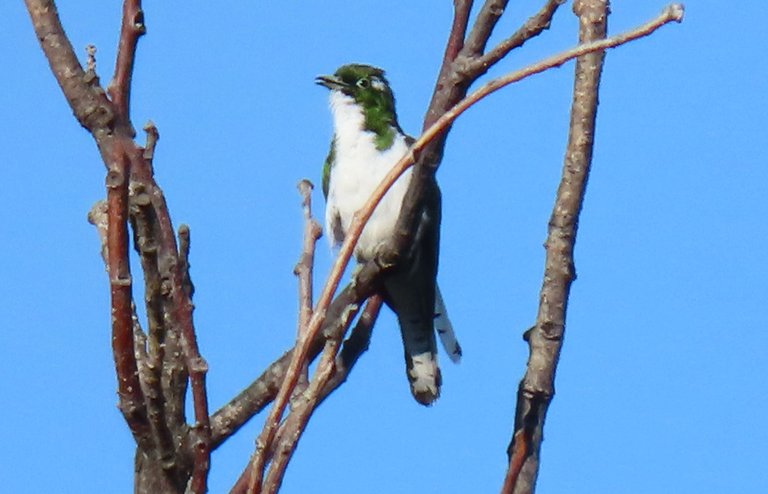
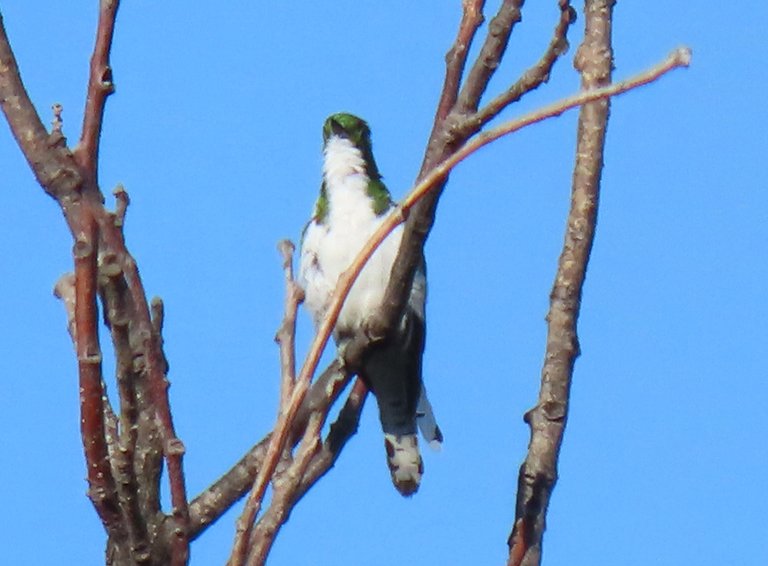
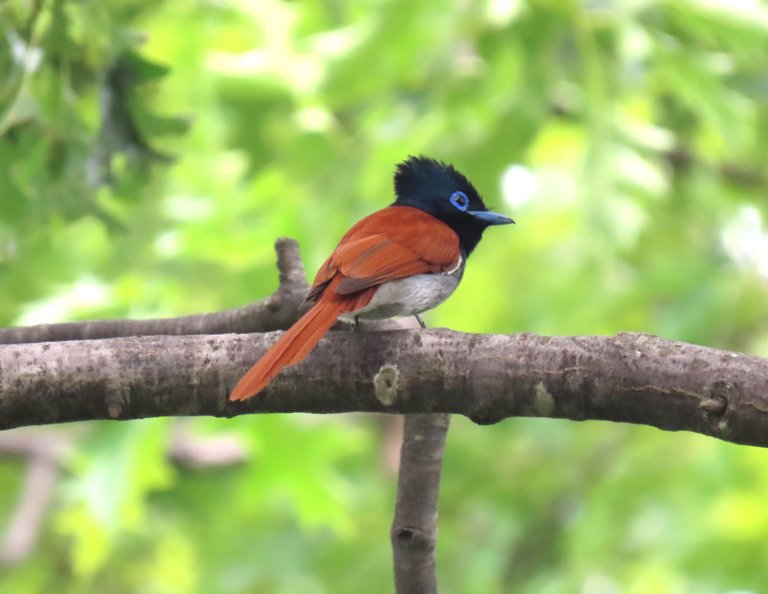
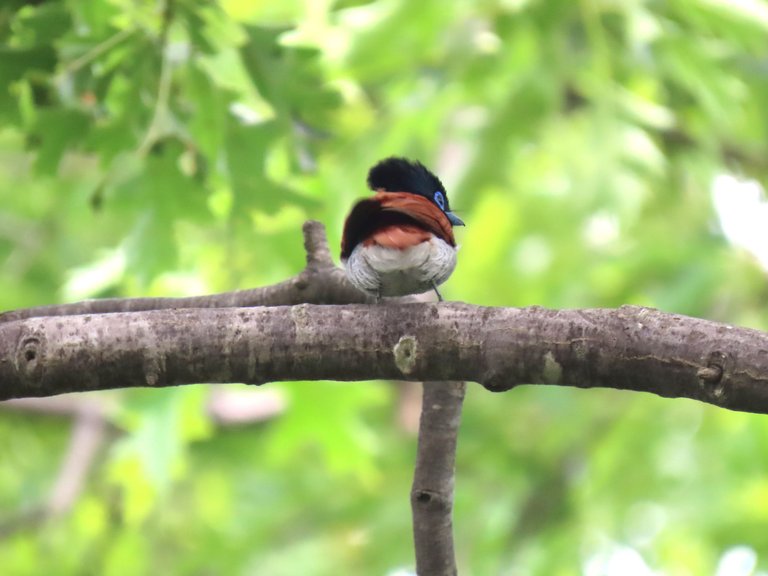
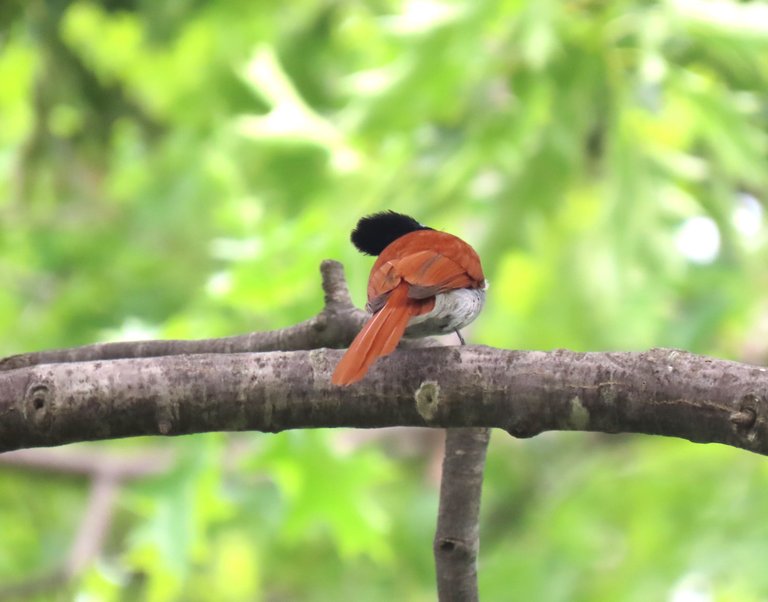
I love bird 🥰
Thanks. !LOL
🫶🫶🫶
The second bird is very beautiful, the feathers on its head are beautiful but its eyes are more attractive.
Oh yeah, that's a very special bird, and its eyes are lovely. !LOL
The display of the bird image is very beautiful.
Thank you for the complication. !LOL
!PIZZA
!PIZZA
$PIZZA slices delivered:
(1/15)
danzocal tipped papilloncharity @papilloncharity tipped @danzocal